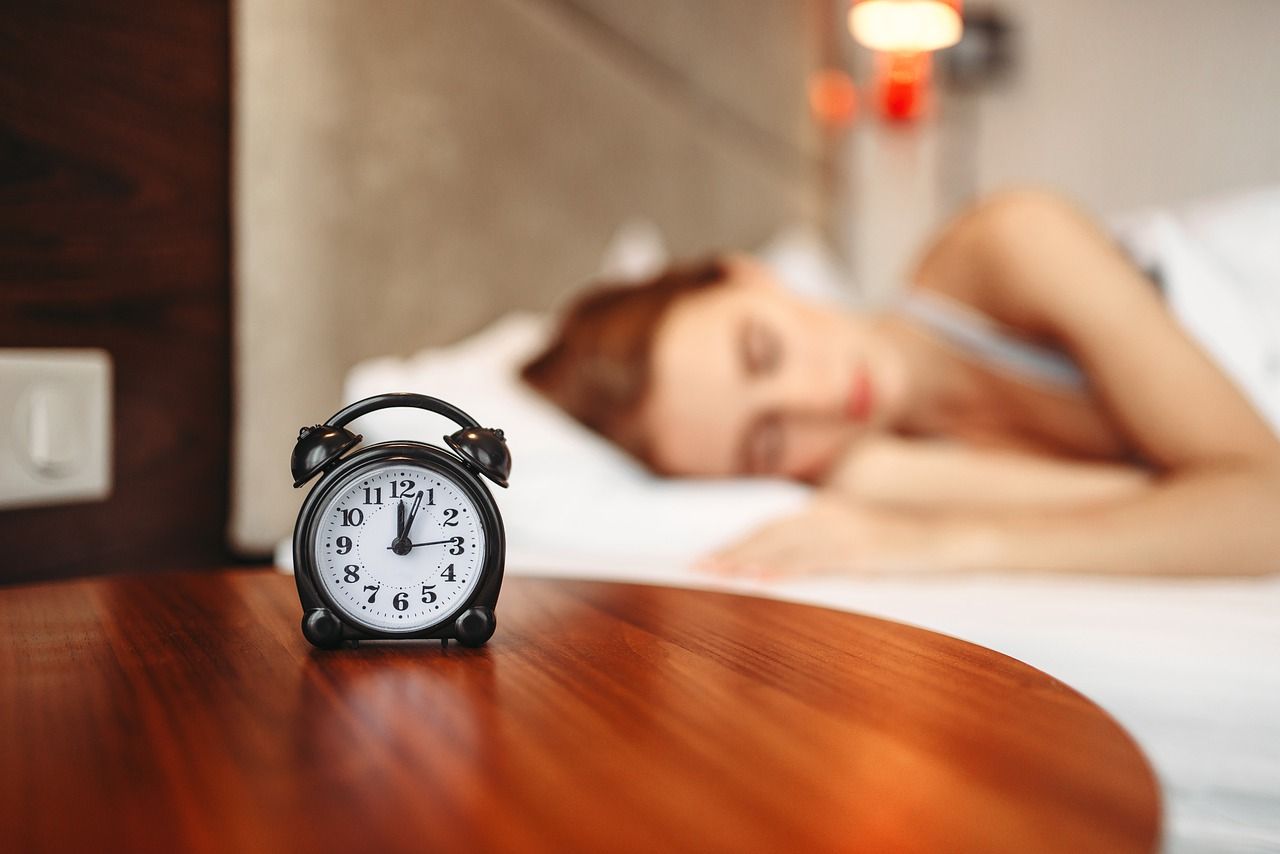A new study at Tel Aviv University discovered why during good, deep sleep, we rarely respond to external stimuli sounds unless they are strong enough

Have ever thought why during good, deep sleep, we rarely respond to external stimuli sounds unless they are strong enough like an alarm clock, or meaningful, like a baby’s cry, which wakes us up?
We differ in how easily we wake up: Deep sleepers can sleep through just about anything. In contrast, light sleepers wake up from every faint sound. We all can have dramatic changes in our sleep quality during periods of stress. Being able to sleep continuously in the face of sounds is critical for our health and well-being.
A new study by Prof. Yuval Nir and his team at Tel Aviv University explored the reasons and discovered a tiny region in the brainstem called the locus coeruleus, which secretes the chemical noradrenaline throughout the brain, is a key to determine how deeply we sleep.
The study published in the journal Science Advances finds that noradrenaline, which is produced in response to stress, is the heart of our ability to “shut off” our senses and sleep soundly.
The average healthy situation is for noradrenaline activity to be silent and minimal during sleep. When noradrenaline activity is high, we wake up more frequently, even from low-volume sounds.
“The ability to detach from the environment, in a reversible way, is a central feature of sleep,” explains led research TAU doctoral student Hanna Hayat of Prof. Nir’s lab, “Our findings show that the locus coeruleus noradrenaline system plays a central role in this disconnection by keeping a very low level of activity during sleep.”
“Sleep disruptions are a major health issue and are frequent in aging, as well as in neurological and psychiatric disorders,” concludes Prof Nir. “It is important to test if our findings on varying noradrenaline levels can explain hyperarousal that characterizes conditions such as anxiety disorders and PTSD and if so, to build on these findings to develop novel methods to improve sleep quality.”
Read more about: Sleep



